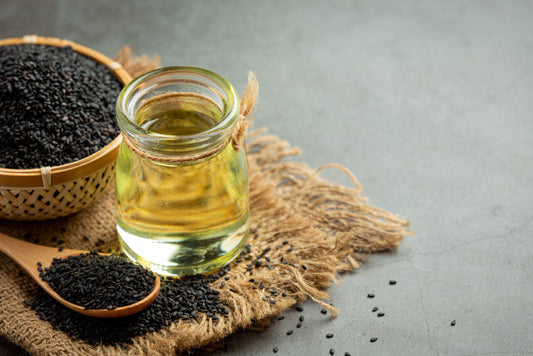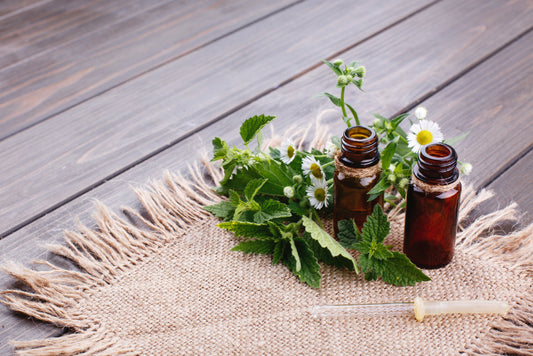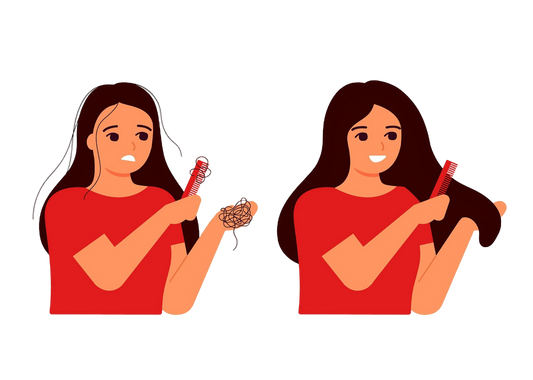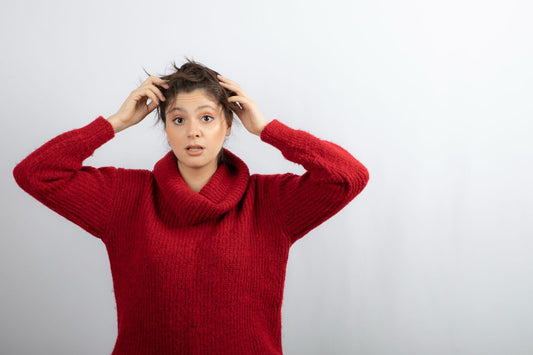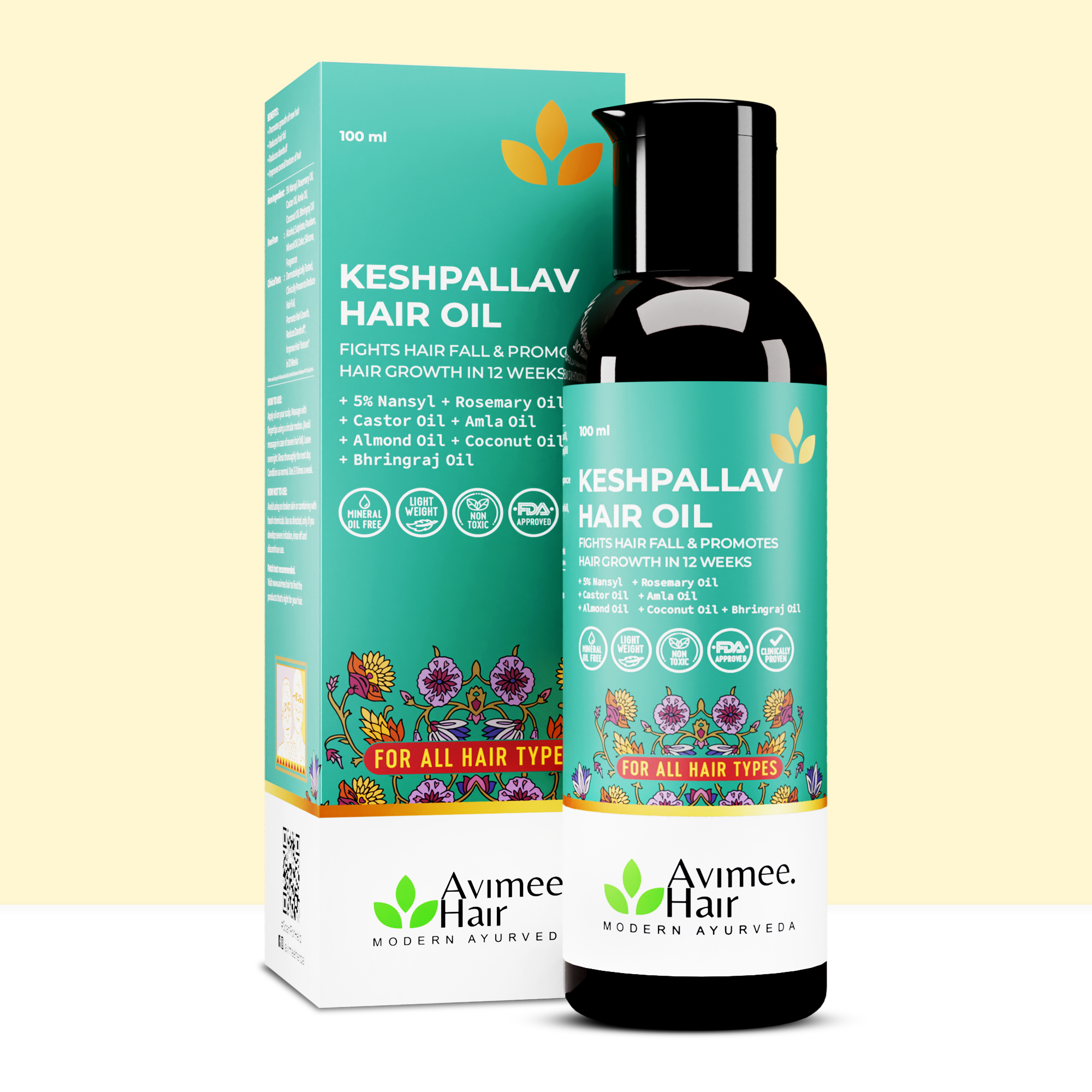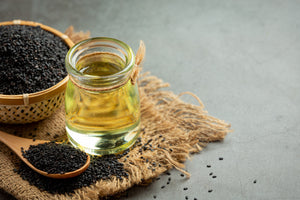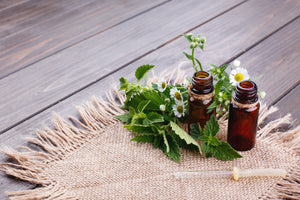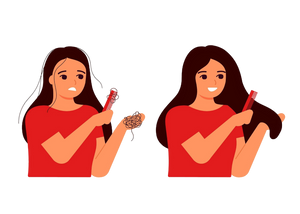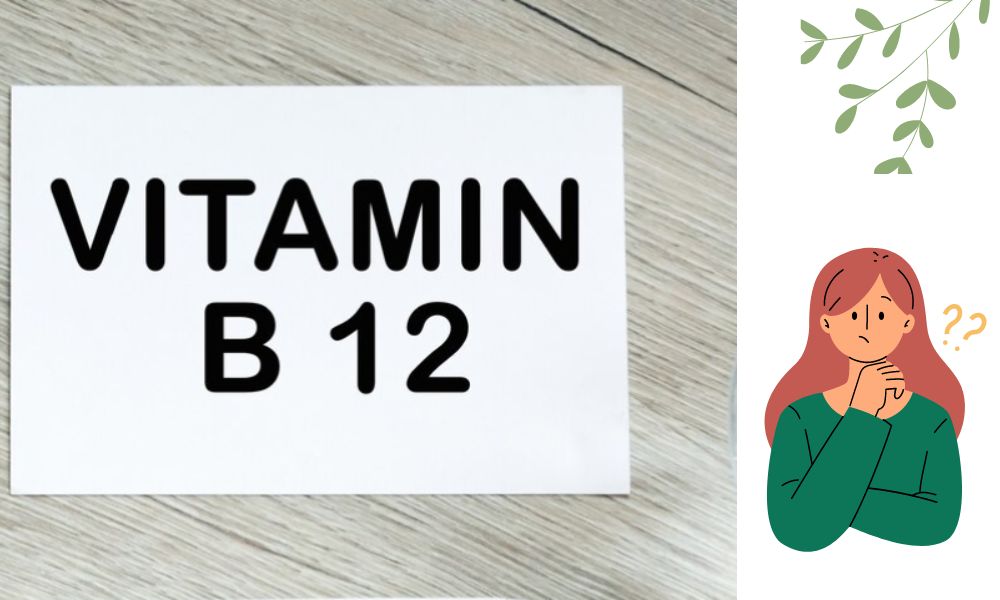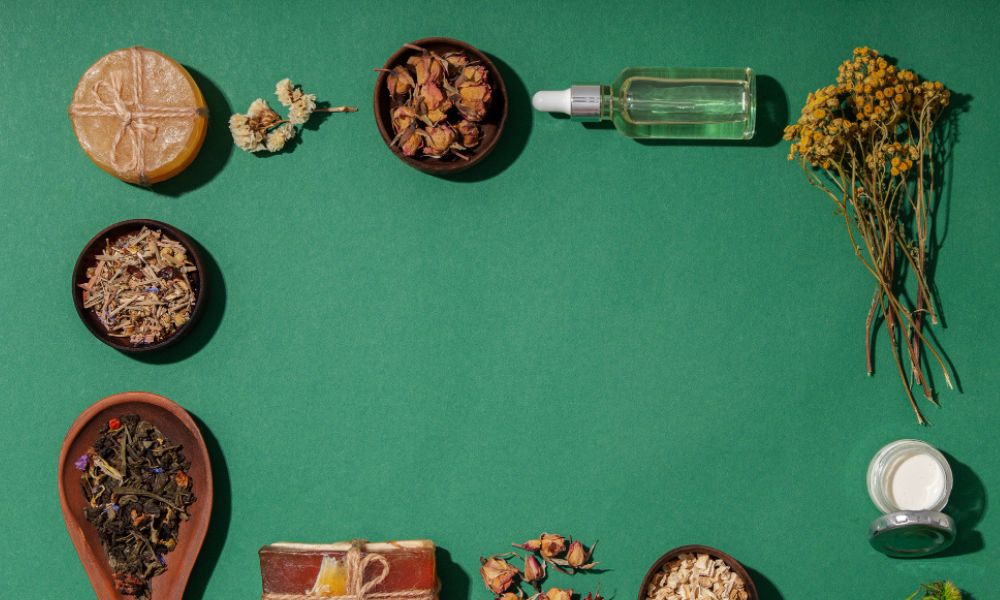Articles
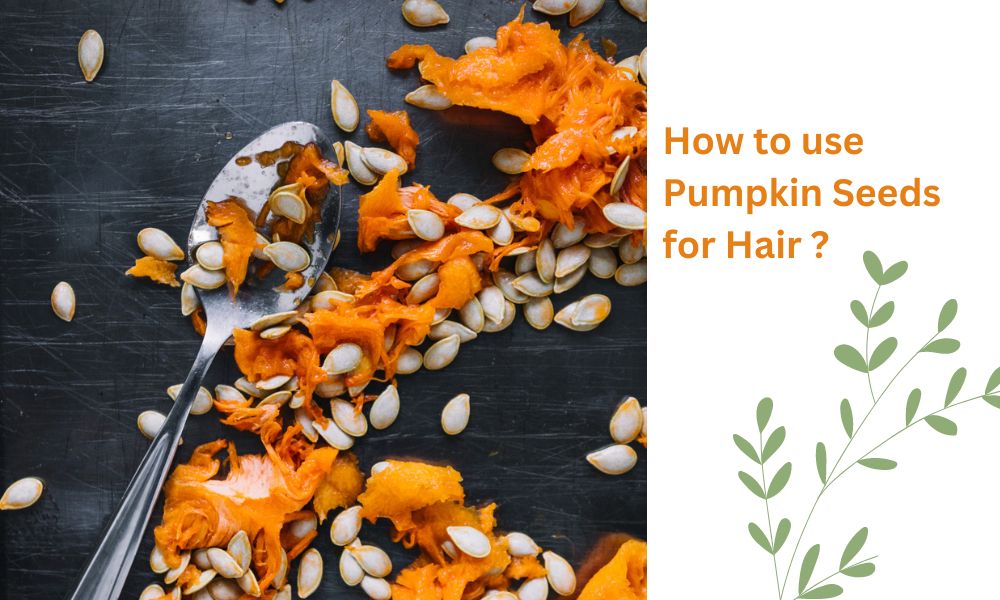
Skin Care
Pumpkin Seeds for Hair: Growth & Shine Benefits
For many people, achieving healthy, beautiful hair is a constant goal. Pumpkin seeds, a tasty and versatile snack, are gaining popularity as a natural way to support hair health.
But is there any science behind this buzz?
Let's explore the potential benefits of pumpkin seeds for hair and how to incorporate them into your hair care routine.
Pumpkin Seeds and Hair Loss: Can They Help?
Hair loss is a common concern for many people. While pumpkin seeds themselves haven't been extensively studied for hair loss prevention, pumpkin seed oil shows promise.
Research suggests that pumpkin seed oil might block the production of DHT, a hormone that contributes to hair loss in both men and women.
Here's a breakdown of how pumpkin seed oil might be beneficial:
# Nutrient Rich:
Pumpkin seed oil is packed with essential nutrients like zinc, magnesium, and fatty acids, all of which play a role in hair health. Zinc deficiency, for instance, has been linked to hair loss.
# Anti-inflammatory Properties:
Pumpkin seed oil possesses anti-inflammatory properties that may soothe a dry, itchy scalp, potentially creating a more favorable environment for hair growth.
How to Use Pumpkin Seed Oil for Hair Loss
Pumpkin seed oil can be used topically or ingested for potential hair loss benefits:
1. Topical Application:
Massage a small amount of pumpkin seed oil directly onto your scalp. Leave it on for 30 minutes to an hour before shampooing your hair.
2. Dietary Inclusion:
Consume pumpkin seeds as a snack or incorporate them into your meals. You can also find pumpkin seed oil supplements readily available.
Is Pumpkin Good for Hair Overall?
Beyond hair loss, pumpkin seeds offer a range of hair health benefits:
# Stronger Strands:
Pumpkin seeds are a good source of protein, which is a key building block for hair.
Protein helps maintain strong, resilient hair strands that are less prone to breakage.
# Secret Ingredient for Shiny, Manageable Hair: Pumpkin Seeds!
Pumpkin seeds contain healthy fats, including omega-3 and omega-6 fatty acids. These fats contribute to hair shine and manageability.
# Scalp Health:
The vitamins and minerals in pumpkin seeds, such as vitamin E and zinc, can promote a healthy scalp environment, which is crucial for overall hair health.
Including Pumpkin Seeds into Your Hair Care Routine
There are several ways to incorporate pumpkin seeds into your hair care routine:
- Snacking: Enjoy a handful of raw or roasted pumpkin seeds as a healthy snack.
- DIY Hair Mask: Grind pumpkin seeds into a powder and mix them with olive oil or yogurt to create a nourishing hair mask.
- Hair Products: Look for hair care products that contain pumpkin seed oil as an ingredient.
Pumpkin seeds are a nutrient-rich food that offers a variety of potential benefits for hair health.
While more research is needed to confirm their effectiveness for hair loss prevention, they can certainly contribute to overall hair strength, shine, and scalp health.
So, the next time you're looking for a natural way to boost your hair health, consider incorporating pumpkin seeds into your diet or hair care routine.
FAQ
Question 1:Does pumpkin seed really work for hair growth or black hair?
Answer:The research suggests pumpkin seed oil may promote hair growth by improving scalp health and potentially blocking DHT, a hormone linked to hair loss. While it likely won't darken hair color, it can contribute to overall hair health and potentially thicker, stronger hair.
Question 2:Is pumpkin seed oil good for hair growth?
Answer:Yes, pumpkin seed oil is a promising natural option for hair growth. It's rich in nutrients that nourish hair follicles and may block DHT, a hormone linked to hair loss. While more research is needed, studies suggest it could be effective, particularly for men with androgenetic alopecia (male pattern baldness).
Question3: Does pumpkin seed oil help female hair loss?
Answer: Pumpkin seed oil shows promise for female hair loss. Studies suggest it may block an enzyme linked to hair loss and promote hair growth, especially after childbirth or menopause. However, more research is needed for definitive proof.
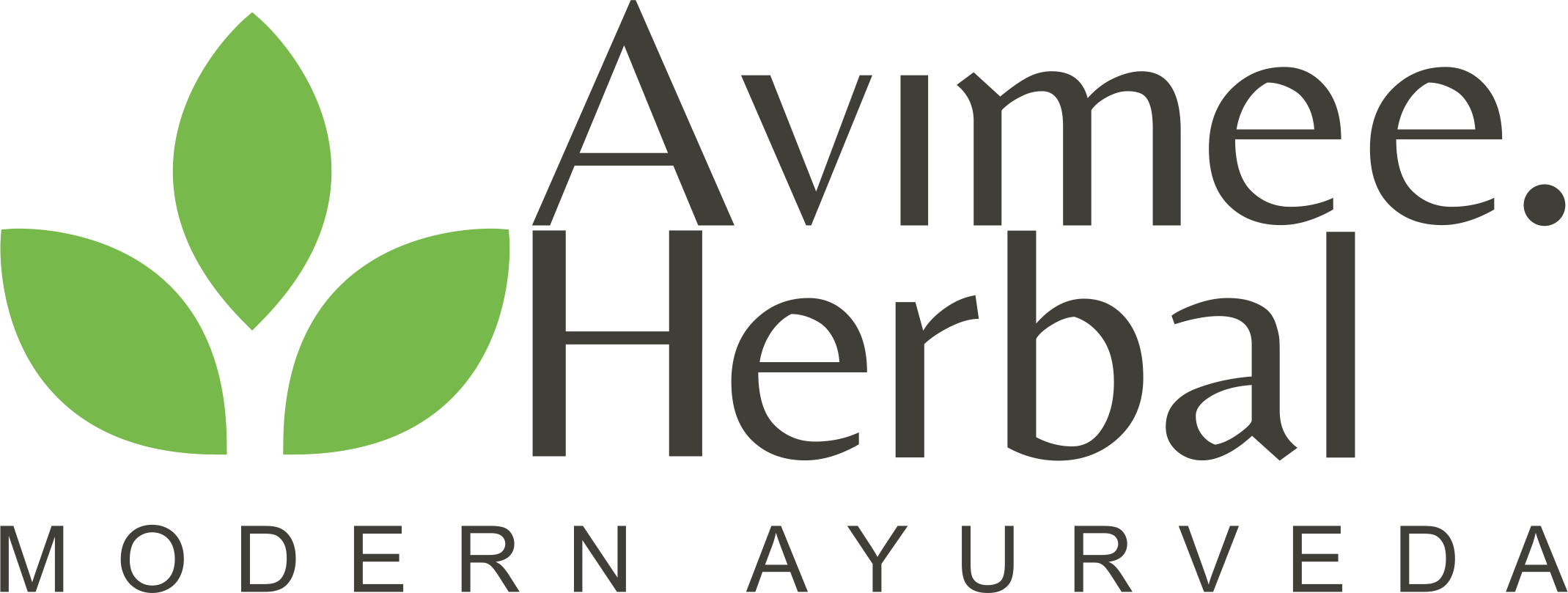
 Doctor Consultation
Doctor Consultation


